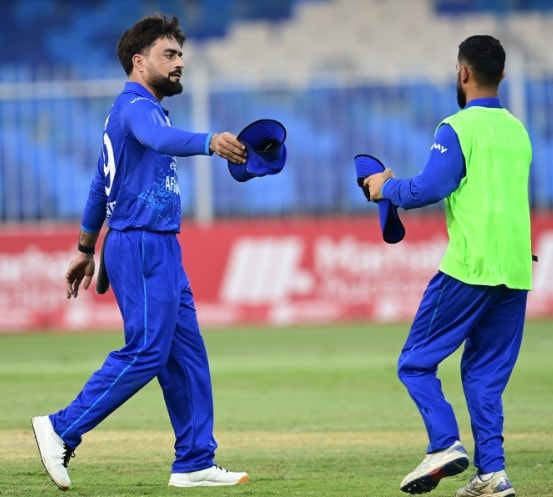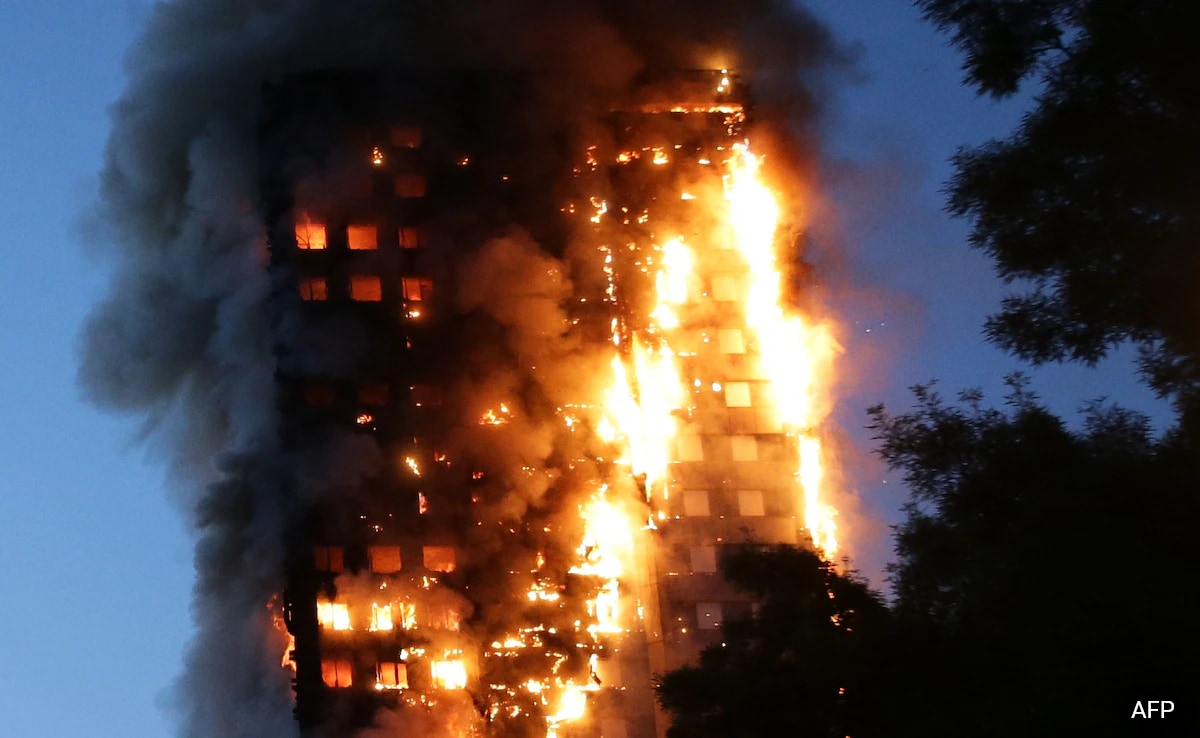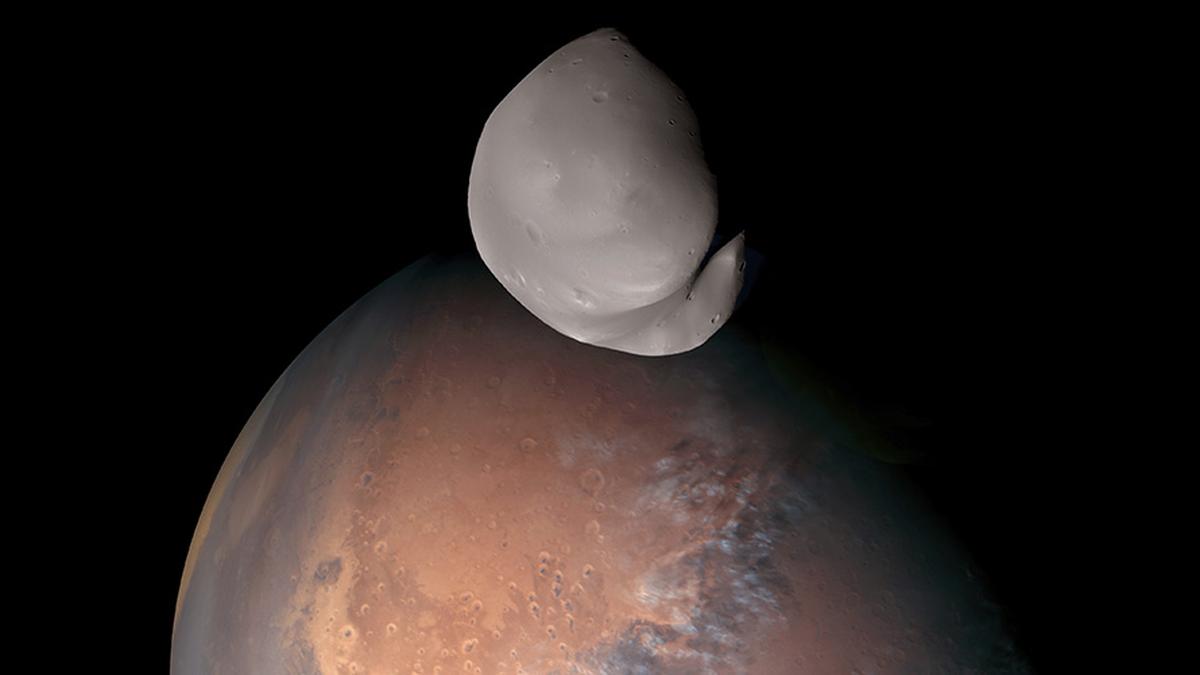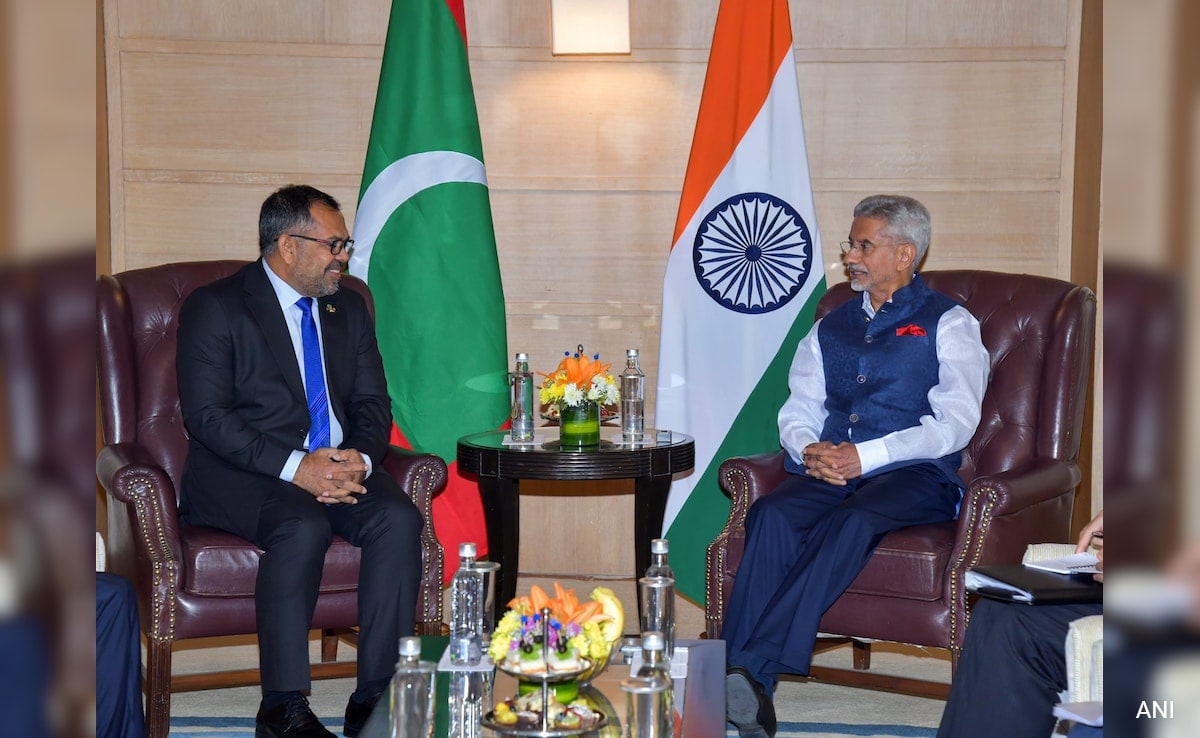The delegation also highlighted discrepancies in backwater impact studies. (File)
New Delhi:
The Biju Janata Dal (BJD) Thursday said it is not satisfied with the Centre’s response over the potential submergence of Odisha’s Malkangiri district due to the Polavaram project in Andhra Pradesh.
A delegation, comprising present and former MPs, senior leaders and MLAs met officials of the Jal Shakti and Tribal Affairs ministries, the Central Water Commission (CWC), and the National Commission for Scheduled Tribes (NCST) over the last three days to press for urgent action.
Multiple delegation members also alleged that the Centre is under pressure from Andhra Pradesh Chief Minister Chandrababu Naidu for the project after TDP became a key ally post 2024 Lok Sabha polls.
Addressing a press conference, Rajya Sabha BJD MP Sasmit Patra said the delegation was “dissatisfied” with the responses received so far.
“There is no clarity on how many people will be affected or the hectares of land that will be submerged in Odisha,” he said.
Highlighting alleged changes to the project design, he added, “The design flood discharge capacity was increased from 36 lakh to 50 lakh cusecs without proper consultations, which threatens to severely impact Malkangiri’s tribal communities.” Speaking about the lack of studies, Patra noted, “When we asked for data on the affected population and land, we received no answers. This silence by the Centre on Polavaram will have dire consequences for the people of Malkangiri.” Party leader Debi Prasad Mishra, who is heading the delegation, outlined the key issues in a formal memorandum submitted to different departments.
He said the project, with its revised flood discharge, risks submerging vast tracts of land and jeopardizing the lives and livelihoods of tribal communities.
“The resettlement and rehabilitation (R&R) process is inadequate, and Odisha’s concerns regarding backwater studies and submergence levels have not been addressed,” Debi Prasad Mishra stated.
The delegation highlighted discrepancies in backwater impact studies.
While the original design flood capacity of 36 lakh cusecs in 1970 limited backwater levels to 174.22 feet, more recent studies suggest levels as high as 232.28 feet due to the revised capacity, Debi Prasad Mishra said.
These changes, the delegation asserted, have not been matched by adequate consultation or compensation plans.
The delegation members also emphasised that Odisha’s tribal communities remain vulnerable.
Debi Prasad Mishra pointed to the National Green Tribunal’s failure to conduct public hearings or address safety concerns adequately.
He called on the Centre to prioritize a fresh backwater study, conduct surveys to identify the extent of submergence, and ensure comprehensive R&R measures for the affected communities.
The delegation members urged the Ministry of Jal Shakti to heed the Supreme Court’s suggestion for proactive stakeholder consultations.
“The people of Malkangiri cannot be left to bear the brunt of these unilateral changes,” said Patra, warning that any further inaction could escalate tensions between Odisha and Andhra Pradesh over the project’s implementation.
The Polavaram project, dubbed a lifeline for Andhra Pradesh, has faced strong resistance from Odisha and Chhattisgarh due to its potential cross-border impacts, making it a contentious issue in inter-state water disputes.
(Except for the headline, this story has not been edited by NDTV staff and is published from a syndicated feed.)




















